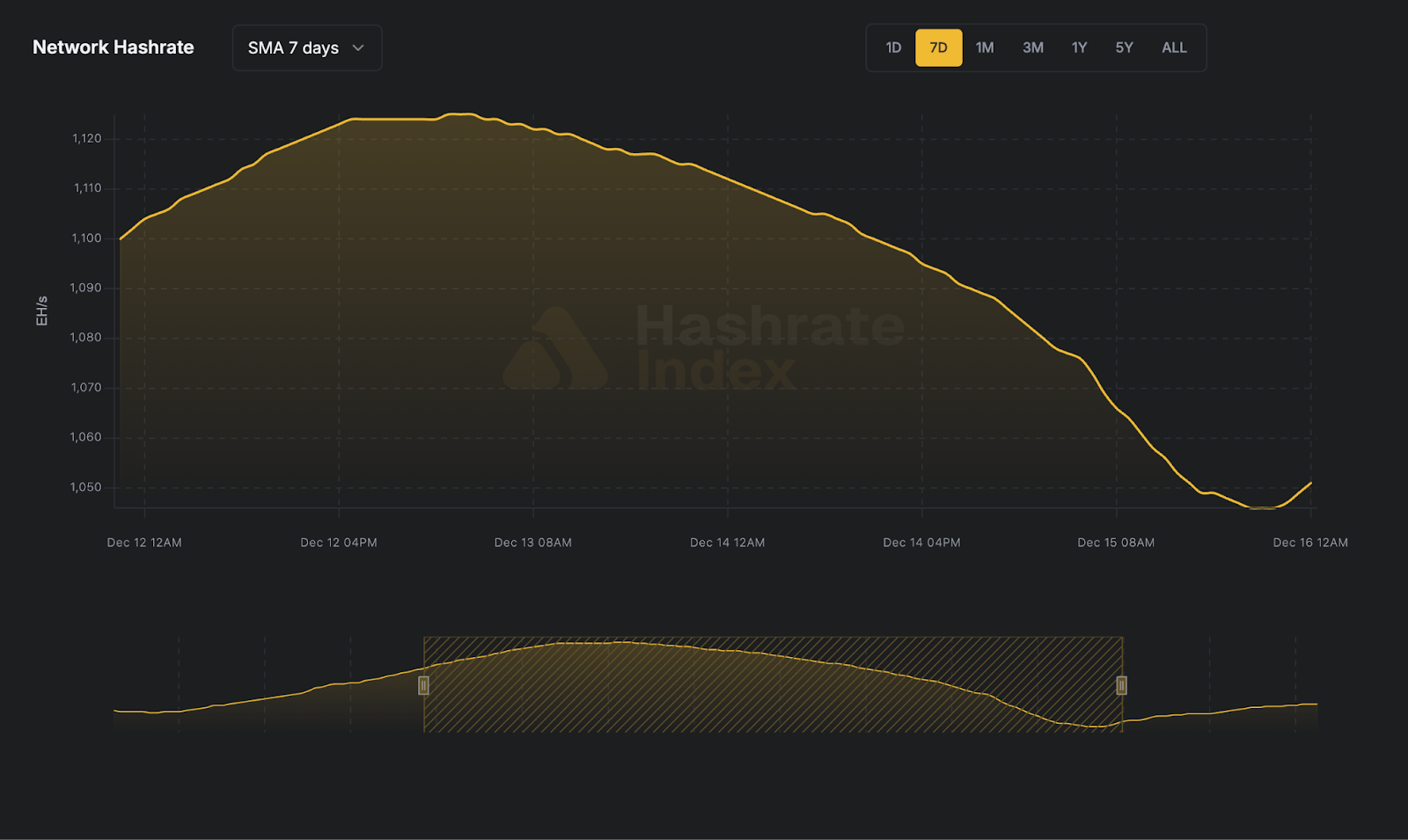
Ethereum's Proof-of-Work Works—Why Change It?
The Ethereum ecosystem wants to make a transition to Proof-of-Stake. We think this is a mistake.
At Luxor, we believe that Nakamoto consensus through proof-of-work is the most secure, durable, and effective consensus mechanism for public blockchains.
We are first and foremost a cryptocurrency mining firm. Mining pool software is the core of our business and the miners themselves are the bedrock on top of which our company is built.
As such, we are committed to providing mining pool services for North America's ever-growing nexus of professional and hobbyist miners. This includes our newly-launched Ethereum mining pool, a product offering that has befuddled some observers given the Ethereum Foundation's commitment to proof-of-stake.
The team at Luxor believes that the transition to proof-of-stake would be a mistake. Proof-of-work is the tried and tested consensus mechanism with a track record of more than a decade. Proof-of-stake, on the other hand, has only existed in practice for a few a years, and almost exclusively on distributed ledgers which have significantly less market share than Bitcoin or Ethereum—and almost all of which are much more centralized than either as a result (Solana, for example).
Proof-of-Stake is More Centralized
Ethereum's pending transition to proof-of-stake may result in the same centralization as we have seen with other PoS systems. a PoS design lends itself to economic capture by a coterie of centralized exchanges and ring-leading stakeholders. We have already seen some concentration of ether on exchanges like Kraken, Binance, Coinbase and others since Ethereum's beacon chain launched at the turn of the new year, and this centralization will increase if Ethereum 2.0 comes to pass.
As a Mining Pool, we spend a lot of time puzzling through attack vectors. We have highlighted the risk in the past of having too many mining pools in a single jurisdiction (government/regulatory risk) or a single company. However, when it's all said and done, mining with a pool is permissionless; at any point, a miner can reconfigure their hardware to point at a new mining pool if they want to. They don't need to ask permission from their current pool, because if they own and control the hardware, they can do whatever they want. The same can't be said for staking pools; they are permissioned systems that will be centralized by exchanges and at the behest of central operators.
An Ethereum staking node costs 32 ETH, over $100,000 at the time of writing. This hurdle will drive participants seeking to stake into the hands of exchanges and custodians who offer staking as a service, especially when / if Ethereum's price continues to climb from here. By contrast, an Antminer S19 currently sells for roughly $10,000, and an S9 for $500. These units are more affordable and don't force participants into relinquishing control over their keys when seeking out opportunities to partake in block propagation.
Proof-of-Stake is Less Secure
In addition to creating incentives for centralizing the network over time, PoS is also less fault tolerant than PoW. A robust PoW chain like Bitcoin or legacy Ethereum requires hackers to commandeer 50% of the network's hashrate to attack the chain, while in PoS, this threshold is 33%.
The bottom line: PoS is still unproven and opens the door for greater centralization. Lacking cost of production (the energy consumed to produce Bitcoin blocks), those with significant resources and entrenched power in the Ethereum ecosystem, such as exchanges, insiders, and whales, will have the opportunity to increase their riches with zero cost. We believe this will be a detriment to the chain's health and viability long term.
As such, Luxor will advocate for Ethereum to stay PoW until PoS has more time to be tested in other projects and ecosystems. There are too many amazing products being built on Ethereum now to risk it all for a hasty move. PoW works, so if its not broken, then don't try to "fix" it.
Hashrate Index Newsletter
Join the newsletter to receive the latest updates in your inbox.








